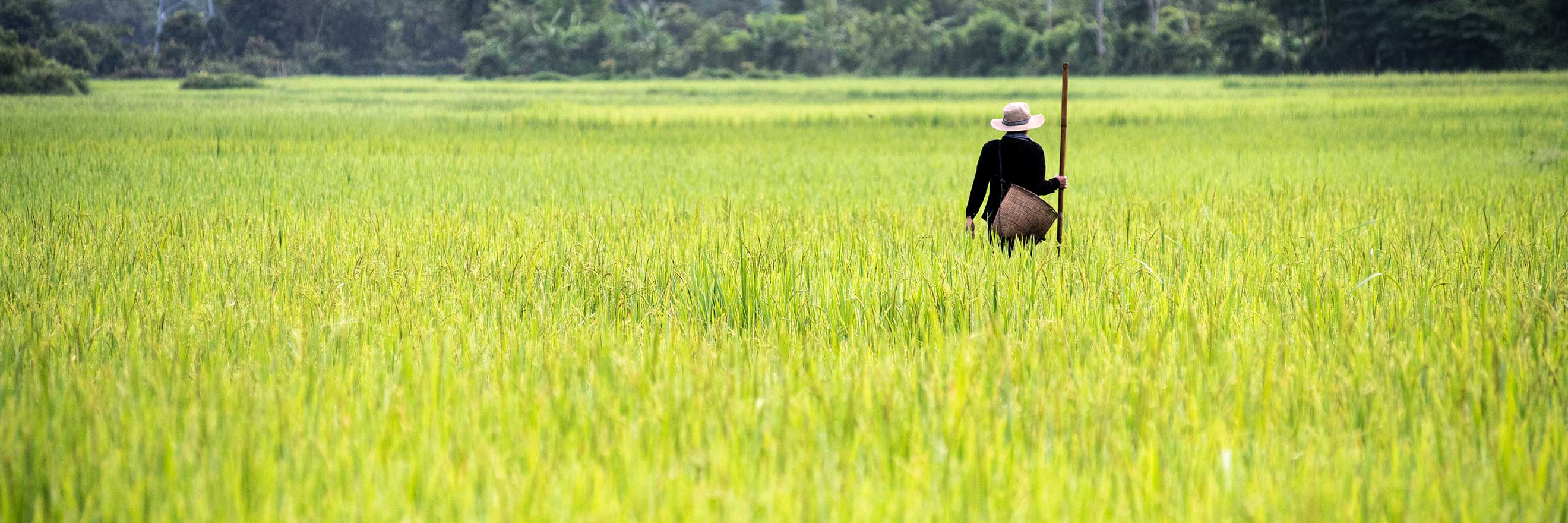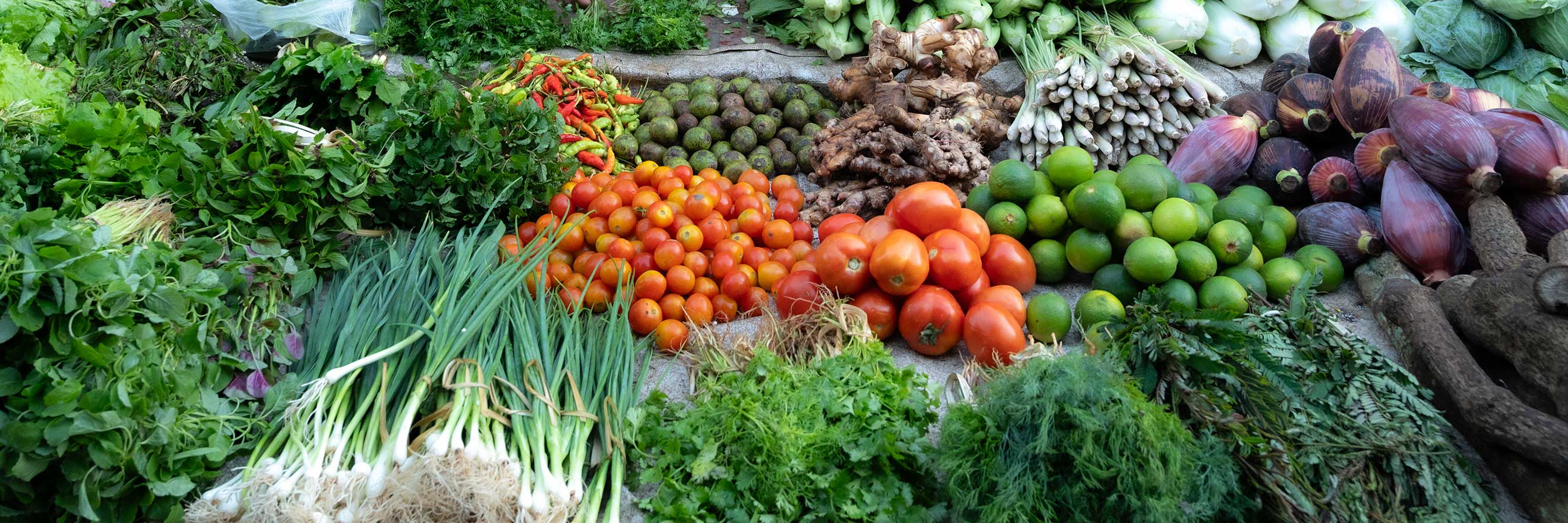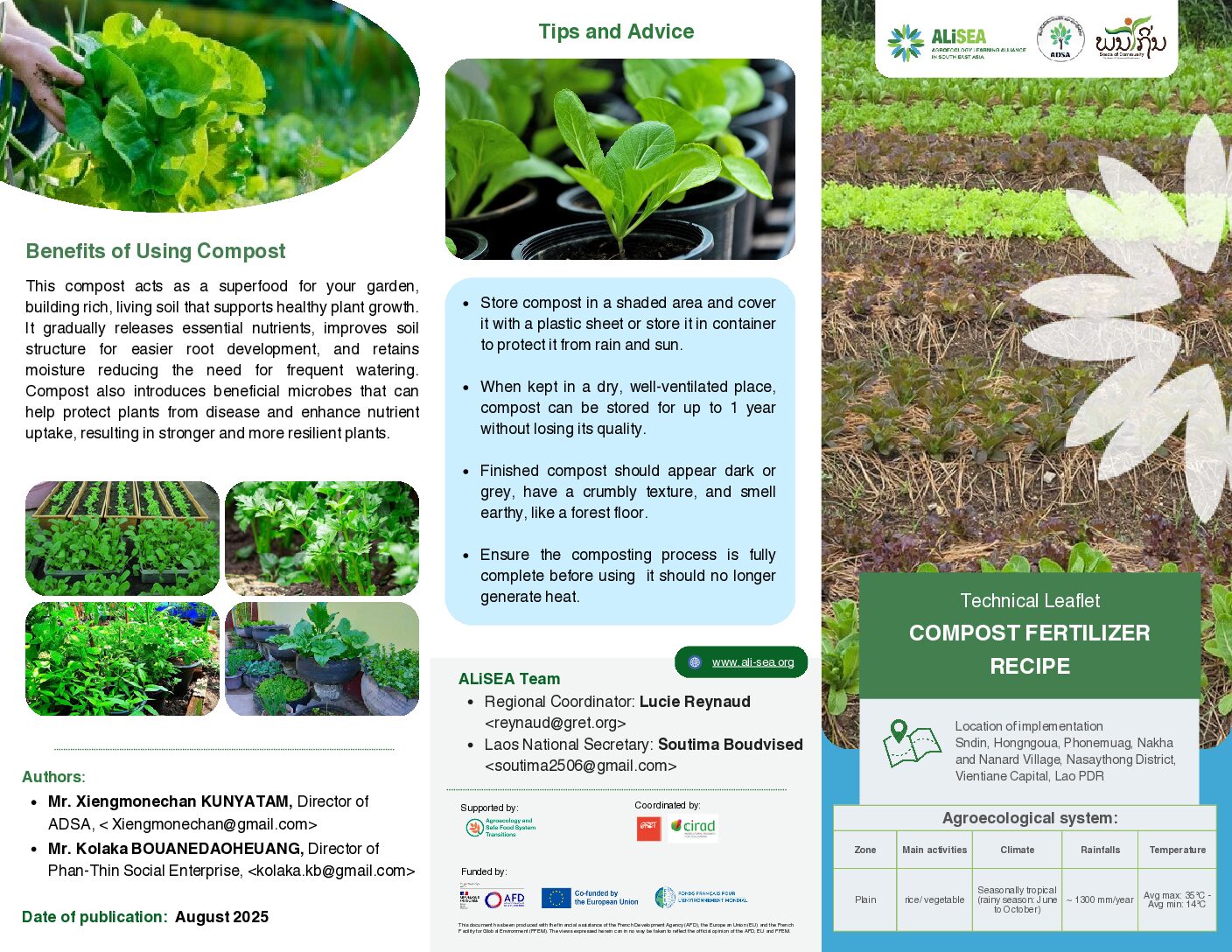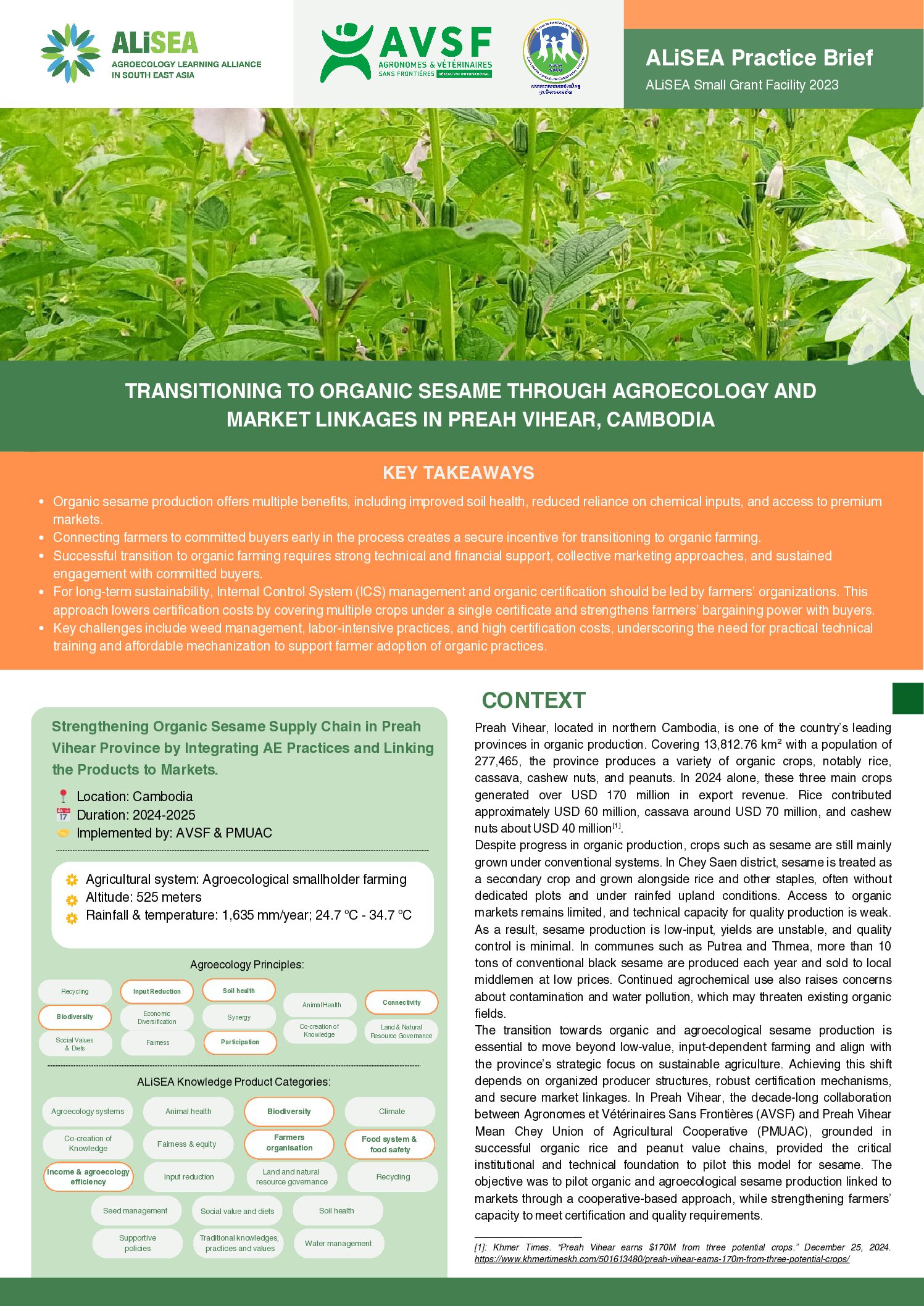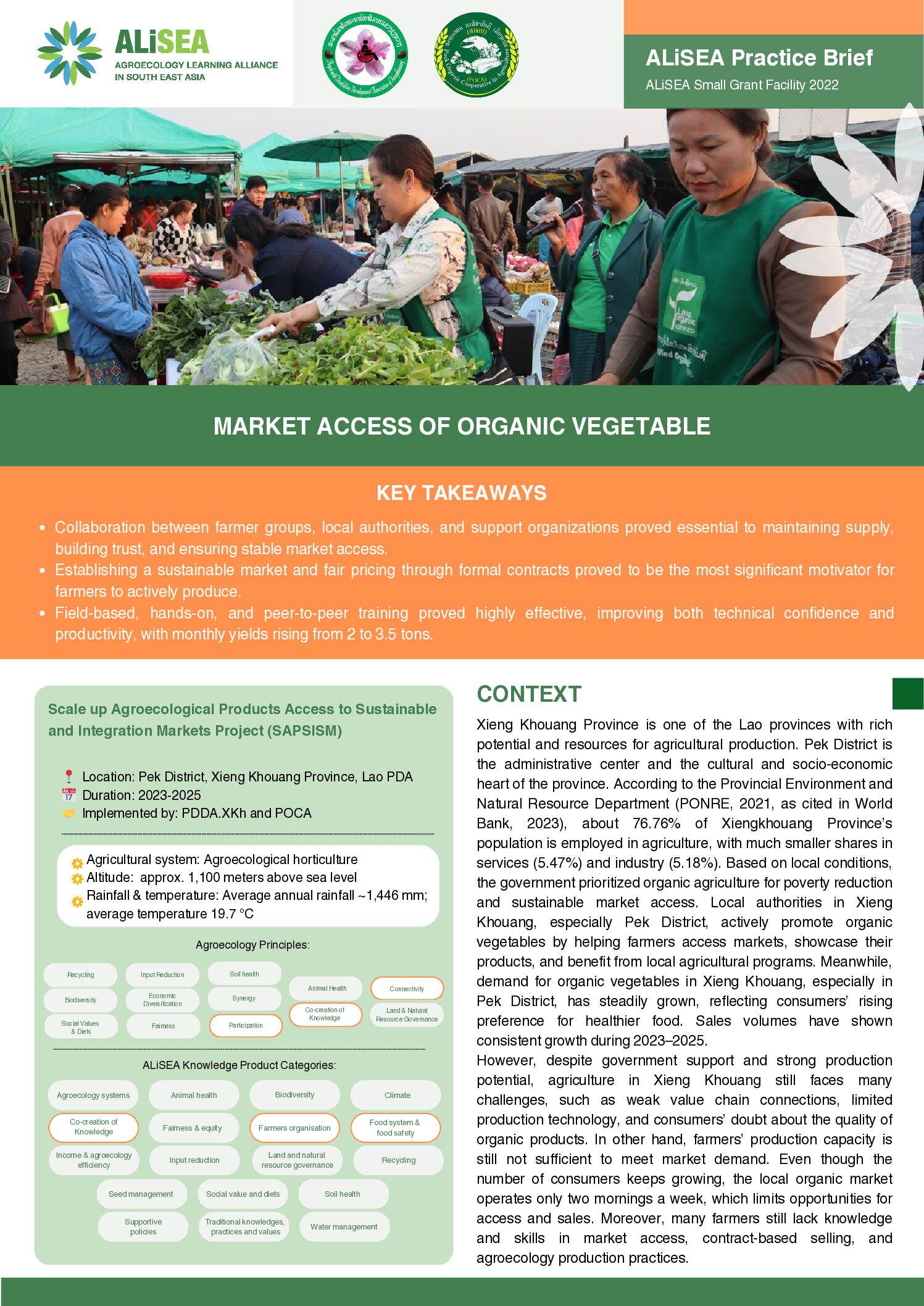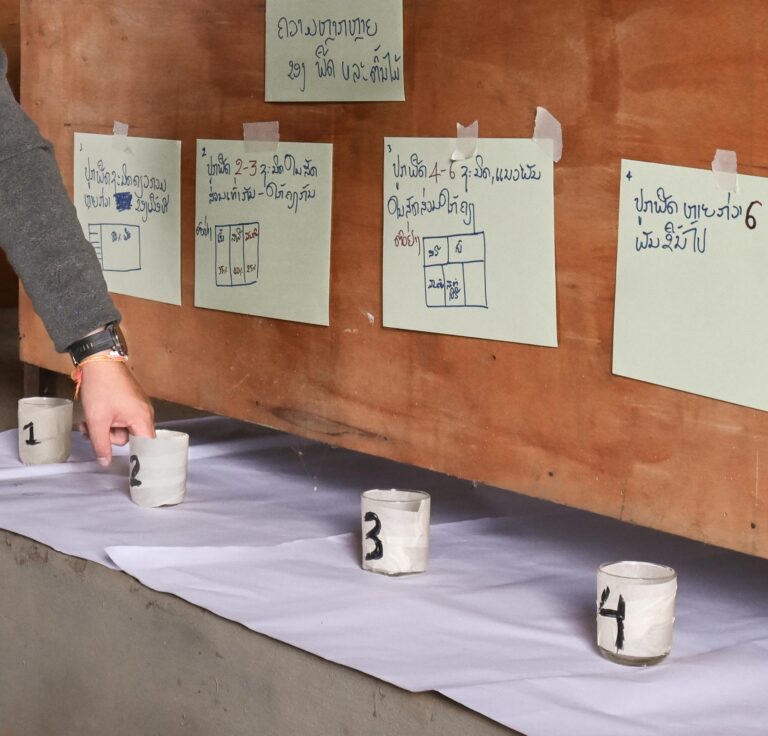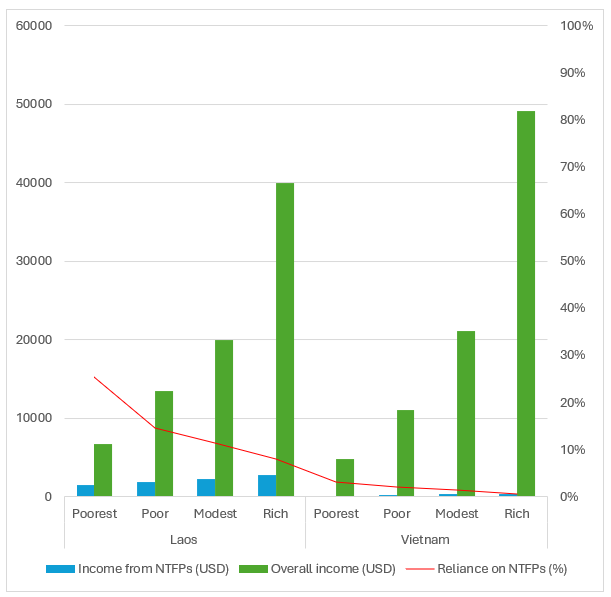International, Transdisciplinary, and Ecohealth Action for Sustainable Agriculture in Asia
Sustainably intensifying agriculture to secure food for people, while minimizing the human, animal, and environmental health impacts is an unprecedented global food security challenge. Action research is needed to understand and mitigate impacts, with Ecosystem approaches to health (Ecohealth) emerging as a promising framework to support such efforts. Yet, few have critically examined the application of Ecohealth principles in an agricultural context, particularly in Southeast Asia where agricultural intensification is rapidly expanding. In this paper, we evaluate the strengths, challenges, and opportunities of agriculture-related Ecohealth projects in low-resource settings of Vietnam, Thailand, Indonesia, and China, drawing on a case study of the Field Building Leadership Initiative (FBLI). To do this, we used a developmental evaluation framework involving several iterative cycles of document reviews, interviews, focus groups, and outcome harvesting with researchers, partners, and community members involved in FBLI. Results highlight the importance of transdisciplinarity, participation, and knowledge-to-action principles in co-generating knowledge and co-developing practical solutions. Implementing such principles presents challenges in terms of coordinating regional collaborations, managing high workloads, meaningfully engaging communities, and ensuring ongoing monitoring and evaluation. To address these challenges, there is a need to strengthen capacity in integrated approaches to health, improve institutionalization of Ecohealth, foster community engagement, and systematically monitor and evaluate efforts. Ecohealth holds significant promise in improving food security, but only when considerable time is spent developing and implementing projects with communities.







